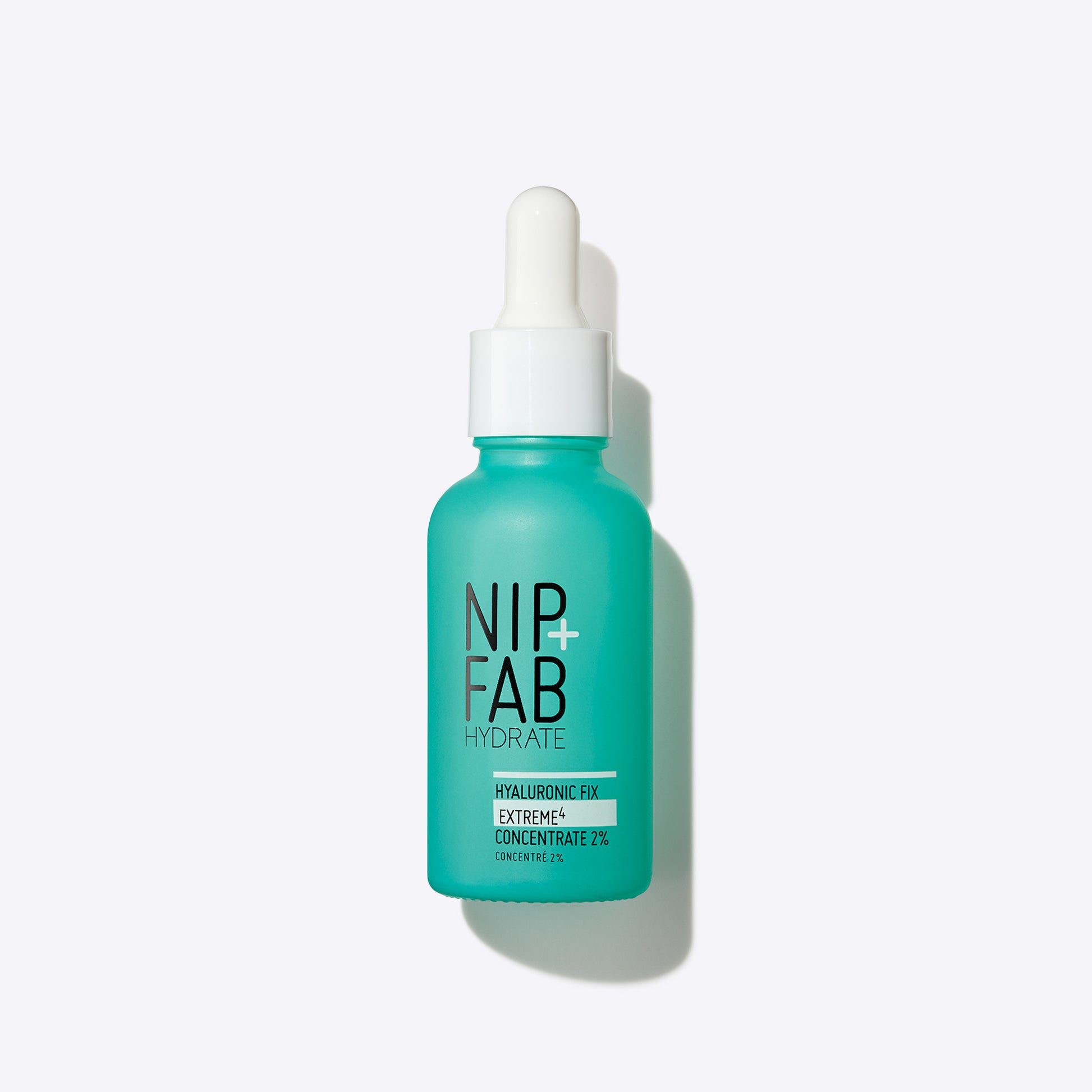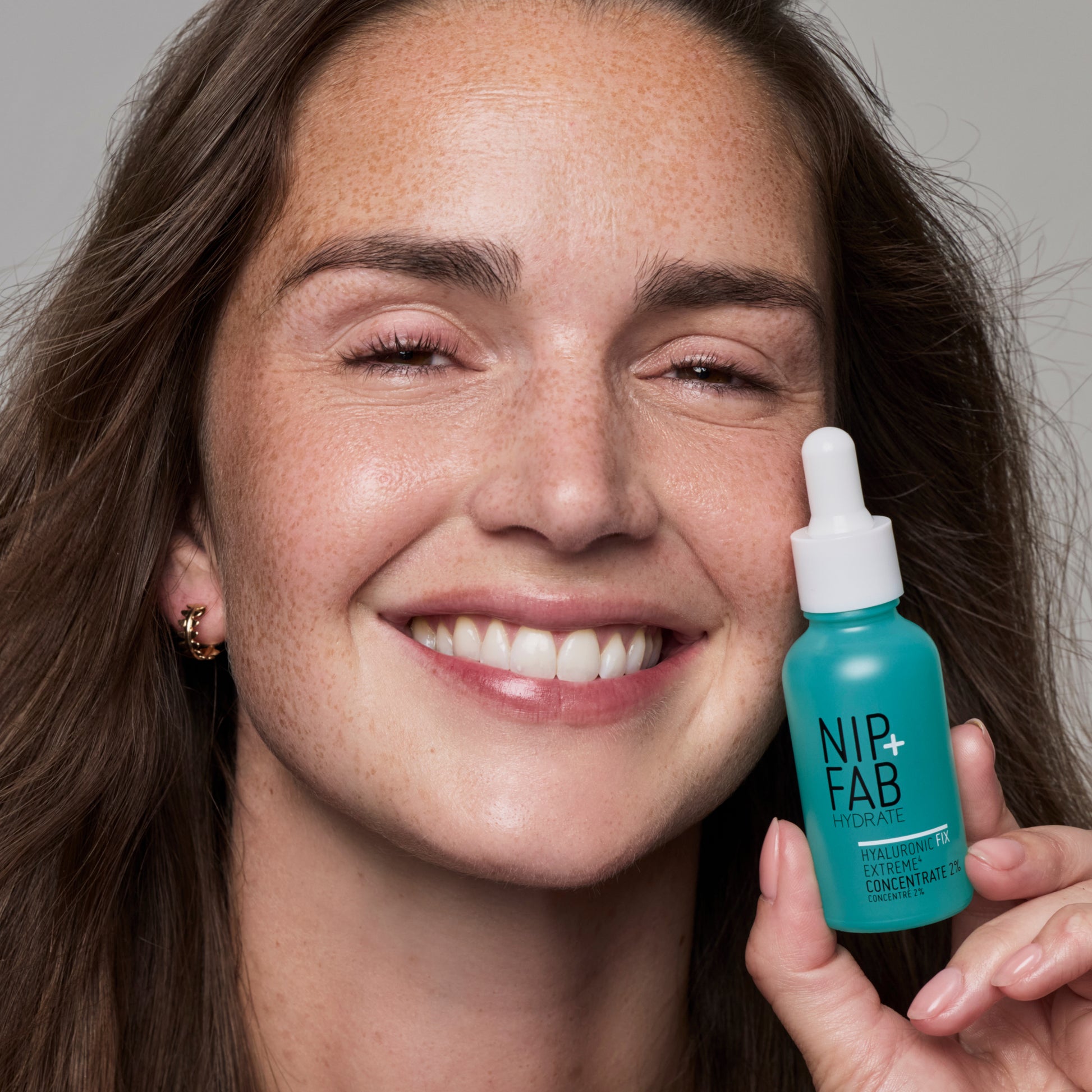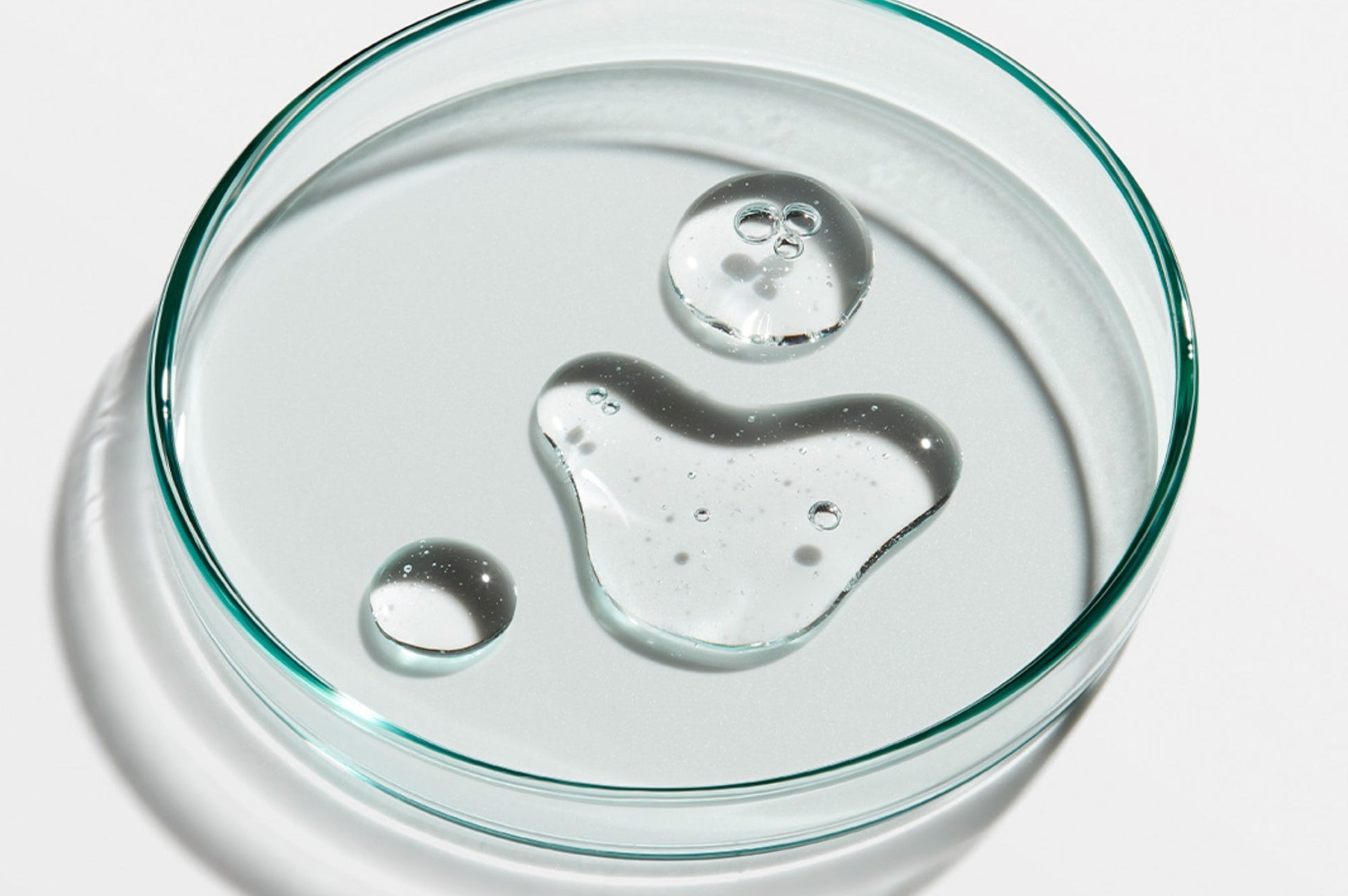


The hydrating skincare ingredient that’s your key to glass skin
You’ve likely heard of hyaluronic acid, but when it comes to thirsty skin, it’s not the only option available. Polyglutamic acid not only injects that much-needed moisture back in, but it’s also the ingredient that helps keep your skin hydrated for longer.
What exactly is polyglutamic acid?
To break it down as simply as we can, polyglutamic acid is a peptide. Peptides are molecules that your body makes for certain proteins needed by the skin, i.e., collagen is made up of peptides.
Don’t worry about that too much, just know that this particular peptide (polyglutamic acid) is naturally derived from a bacteria (all organisms make peptides) that is also used to make a traditional Japanese food with soybeans called natto.
In skincare, like hyaluronic acid, polyglutamic acid is used as a moisturiser.
In the skincare world there are three types of moisturisers: emollients, occlusives and humectants.
Emollients like shea butter soften and condition the skin without adding moisture. Occlusives like Jojoba oil prevent moisture loss, whilst humectants like polyglutamic acid add moisture to the skin by drawing water molecules from the environment.
The difference between polyglutamic acid and hyaluronic acid however is that polyglutamic acid locks that moisture in for longer, preventing it breaking down.
What are the benefits of polyglutamic acid?
Hydration, hydration and more hydration. If you’re struggling with dryness and dehydration, polyglutamic acid is a must-have addition to your routine.
A glass skin appearance due to how polyglutamic acid acts as a moisture-retaining shield.
Polyglutamic acid can also reduce the appearance of fine lines and wrinkles thanks to its plumping abilities.
Humectant moisturisers like polyglutamic acid are super lightweight so work for all skin types and won’t feel heavy or greasy on oily skin types. They are also a great option for teens and anyone just starting out with their skincare routine.
Your language is set to English
Uw taal is ingesteld op Nederlands
Votre langue est définie sur le français